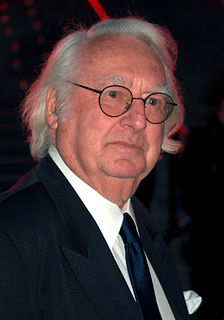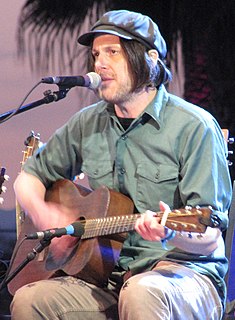A Quote by Richard Meier
We look at each one [project] and consider the context - what it is and what it can be - beyond the strictly functional concerns.
Related Quotes
I feel like we're so limited by the context at which we look at life. The way we look at who we're supposed to be and how we're supposed to love... everything. I feel like that, in and of itself, is a project of a lifetime: the problem of how to break out of the limiting context that is imposed upon us by the educational system, by the church, by our parents... As a kid I rejected it without even thinking about it. Now that I'm a little older, I see how deeply destructive it really is.
Whatever is being investigated, created or produced now, in movies or TV, needs to consider the context in which it is being distributed. It's not a vacuum. There are certain universal themes of love, conflict, loyalty or family that are everlasting and that need to be presented in a way that makes it feel relevant, even if it's a period piece. You need to consider what context that film, that story and those characters are being seen in.
To be fair, on a good project, no matter whether it's improvised or scripted or meticulously prepared, or all up for grabs, it's always, always beyond the safety zone. Every project becomes interesting and exciting once you move beyond that routine. You always aspire to that. It's not that this improvisational mode is the only mode that facilitates that.
I don’t work as a conceptualist. Let’s say the conceptual art model is that you have a project idea, or a set of concerns, and then you illustrate those concerns in whatever manner you see appropriate. For me, it has always been that the world suggests far more subtle and interesting variations than I could ever come up with.








































